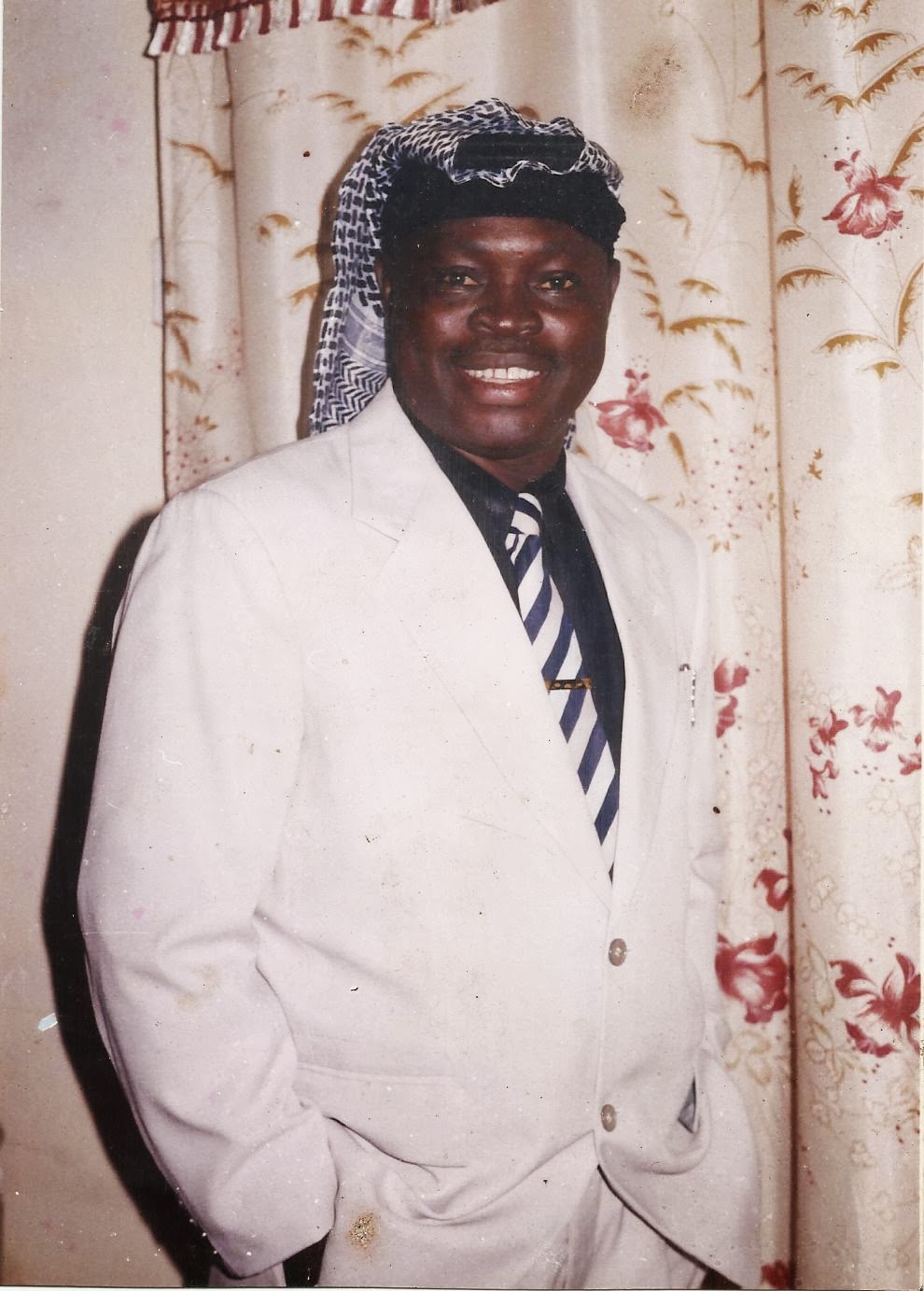11th May, 2016,
PRESS RELEASE:
CORRUPTION COMMENT:
CAMERON RIGHT BUT INVOLVED
The British Prime Minister, David Cameron declared yesterday that Nigeria
and Afghanistan are the worst corrupt countries of the world. In a swift
reaction, however, the Nigerian Presidency described Cameron’s statement as ‘embarrassing’.
It argued that the British Prime Minister had failed to take into consideration
Nigeria’s current anti-corruption campaign.
Although
the Muslim Rights Concern (MURIC) agrees with David Cameron’s rating of Nigeria
on corruption, we posit that the comment is belated, misleading and
hypocritical.
It is belated because it does not reflect the true picture on ground today,
particularly in Nigeria’s corridor of power as well as its civil service. Things
have changed. It is misleading because his comment is capable of being
misinterpreted as representing the general opinion of the British people but Archbishop
Justin Welby’s interjection put paid to that. It is hypocritical because
Western countries, Britain inclusive, which open the doors of their financial
institutions for looters from other countries are to blame for the persistence
of corruption in developing countries.
It
must be noted that Archbishop Welby’s endorsement of President Buhari’s
anti-corruption crusade and his testimony to the latter’s credibility is a
trillion-dollar feather in the Presidency’s hat.
Cameron’s remark is belated because it failed to take cognizance of three
landmark policies presently making change possible in Nigeria. Firstly, the introduction
and implementation of the Treasury Single Account (TSA) has blocked many
leakages and has succeeded, within one year of its introduction, in netting
more than N3 trillion for the Federal Government (FG).
Secondly, FG forbade public officials from travelling first class on
aircrafts at government’s expense. Thirdly, foreign medical treatment for
government officials has been put on hold. These were the conduit pipes used to
siphon public funds in the past.
Had
Cameron made his remarks 365 days ago he would have hit the mark. His
corruption comment of yesterday should have come in the days of financial
recklessness which was championed by ex-President Goodluck Jonathan. The latter
shocked Nigerians when he declared that stealing was not corruption and looked
the other way as his ministers and aides looted the treasury silly.
Britain
should not be pointing at the speck in Nigeria’s eyes. Rather, it should do
something about the log in its own eyes and very quickly too. Why does Britain
allow looters from Nigeria to keep stolen money in British banks? Why does
Britain make it extremely difficult for funds stolen from Nigeria to be
repatriated even after indubitable evidence has been provided? Britain is
therefore an accomplice in this corruption saga.
Can Cameron tell the world that his country has not been benefitting from
the stolen funds? What does British law say about a person who receives stolen
property? Or is it in British character to aid and abet stealing? These posers
are not for Britain alone. Countries like Switzerland and the United States of
America have a moral burden on their conscience. A Yoruba proverb says the man
who steals things kept in the ceiling is not the real thief, the big thief is
the one who stayed on the ground to receive the stolen goods.
The same questions should be answered by the World Bank and the United
Nations Organization. The West is sitting on Nigeria’s wealth. The World Bank
and the UN are using ‘natural selection’ and looking the other way as these
powerful but selfish countries strangulate poor nations. The Darwinian theory
of the survival of the fittest remains pertinent here because it is clear that the
UN has failed to enforce global financial morality.
As
a concluding remark, MURIC calls on Britain to seize the opportunity of hosting
the World Summit on Corruption to clear itself of the charge of being an
international accomplice of looters. This can be done by declaring a short deadline
for the release of all stolen funds presently domiciled in Britain back to
their original countries.
Professor Ishaq Akintola,
Director,
Muslim Rights Concern (MURIC)
Director,
Muslim Rights Concern (MURIC)


No comments:
Post a Comment